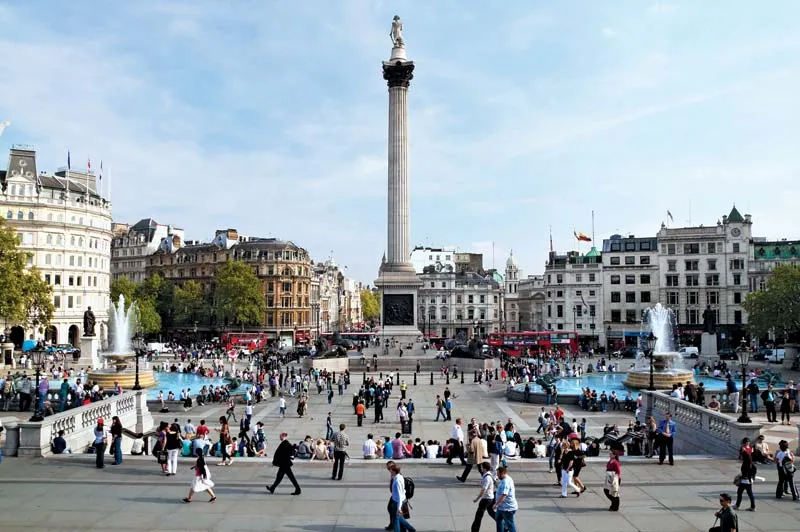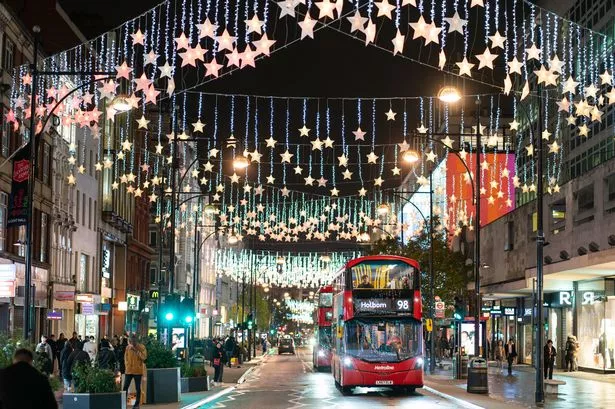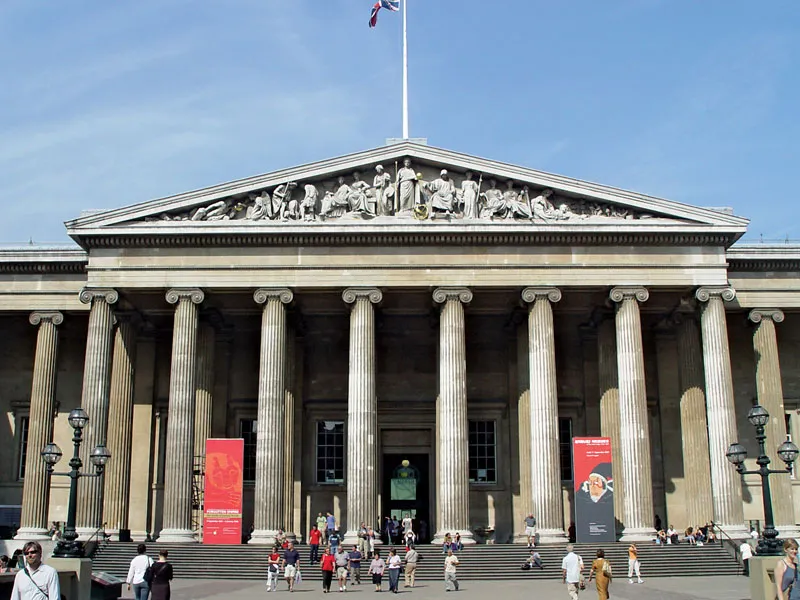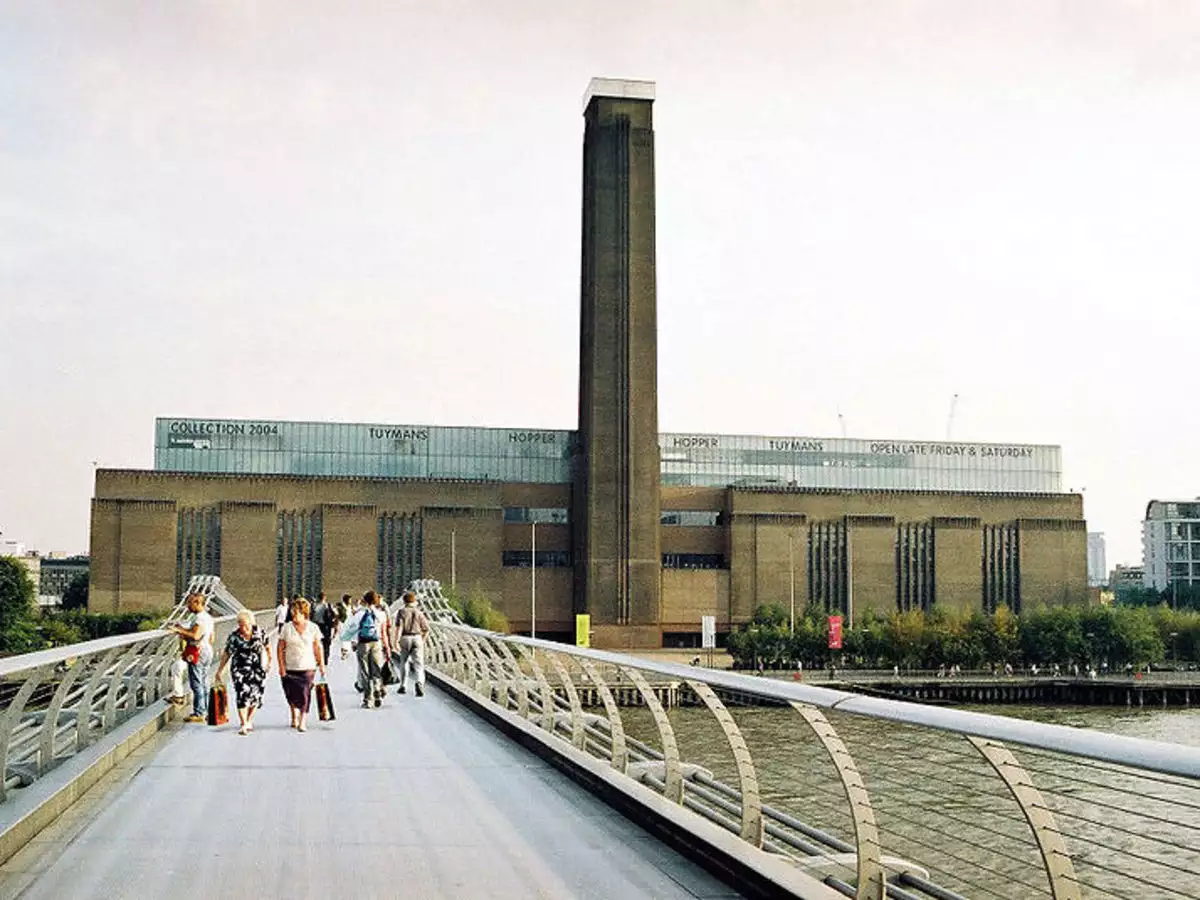



London is a city with a rich history that spans over two millennia. Here is some key historical information about London: Roman London: The city of London was founded by the Romans in AD 43 and was initially called Londinium. It served as an important trading port and military outpost for the Roman Empire. The Romans built a bridge over the River Thames, which contributed to the growth of the city. Middle Ages: During the Middle Ages, London grew in importance as a political and economic center. It became the capital of England and the site of Westminster Abbey, where English monarchs were crowned. The Tower of London was constructed in the 11th century as a royal palace and later became a notorious prison. The Great Fire of London: In 1666, a devastating fire broke out in London, destroying much of the city. The fire started in a bakery on Pudding Lane and spread rapidly, consuming thousands of houses, churches, and public buildings. The reconstruction of the city after the fire led to the introduction of new building regulations. Industrial Revolution: London played a significant role during the Industrial Revolution in the 18th and 19th centuries. It became a center of commerce, manufacturing, and finance, attracting people from all over the country seeking employment opportunities. British Empire: As the capital of the British Empire, London exerted considerable influence on global affairs during the 19th and early 20th centuries. The British Museum, founded in 1753, became a repository for treasures from around the world, acquired during the colonial era. World War II: During World War II, London was heavily bombed by the German Luftwaffe during the Blitz, causing widespread destruction. The resilience of Londoners during this time was demonstrated by the iconic phrase "Keep Calm and Carry On." Post-War Era: After the war, London underwent significant post-war reconstruction and continued to develop as a global city. Landmarks such as the Royal Festival Hall, the Barbican Centre, and the Queen Elizabeth II Centre were constructed during this period. Modern London: In recent decades, London has become a vibrant multicultural metropolis, attracting people from all over the world. It hosted the Summer Olympics in 2012, which led to the revitalization of the East End and the creation of Queen Elizabeth Olympic Park. Today, London is known for its rich history, iconic landmarks like the Tower Bridge, Buckingham Palace, the Houses of Parliament, and its cultural institutions such as the British Museum, the National Gallery, and the Tate Modern. It remains a global financial hub and a major tourist destination.
This is a website for tourist for london tour guide. /
Home Information Tour Guide Contact Us